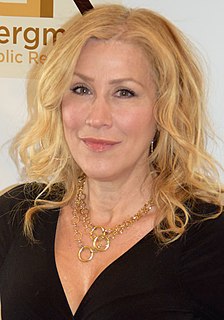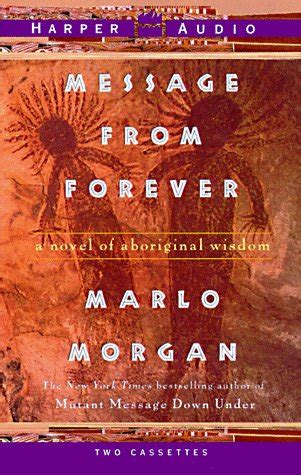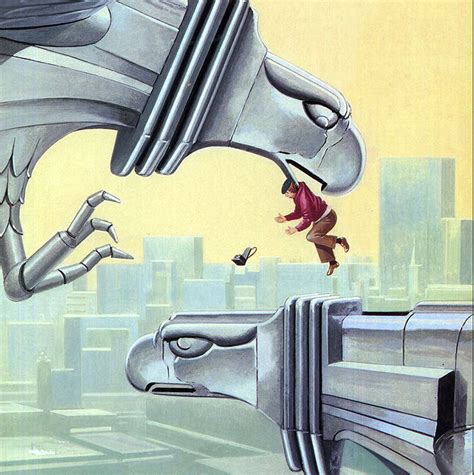A Quote by Gilbert K. Chesterton
They have invented a phrase, a phrase that is a black and white contradiction in two words - 'free-love' - as if a lover ever had been, or ever could be, free.
Related Quotes
[The Head of Radio Three] had been ensnared by the Music Director of the college and a Professor of Philosophy. These two were busy explaining to the harassed man that the phrase "too much Mozart" was, given any reasonable definition of those three words, an inherently self-contradictory expression, and that any sentence which contained such a phrase would be thereby rendered meaningless and could not, consequently, be advanced as part of an argument in favour of any given programme-scheduling strategy.
So many struggled so that all of us could have a voice in this great democracy and live up to the first three words of our constitution: We the people. I love that phrase so much. Throughout our country's history, we've expanded the meaning of that phrase to include more and more of us. That's what it means to move forward.
We all know of course, that we should never ever ever ever ever ever ever ever ever ever ever ever ever ever ever ever ever ever ever ever ever ever ever ever ever ever ever ever ever ever ever ever ever ever ever ever ever ever ever ever ever ever ever ever ever ever ever ever ever ever ever ever ever ever ever ever fiddle around in any way with electrical equipment. NEVER.
Labels not only free us from the obligation to think creatively; they numb our sensibilities, our power to feel. During the Vietnam War, the phrase body count entered our vocabulary. It is an ambiguous phrase, inorganic, even faintly sporty. It distanced us from the painful reality of corpses, of dead, mutilated people.






































